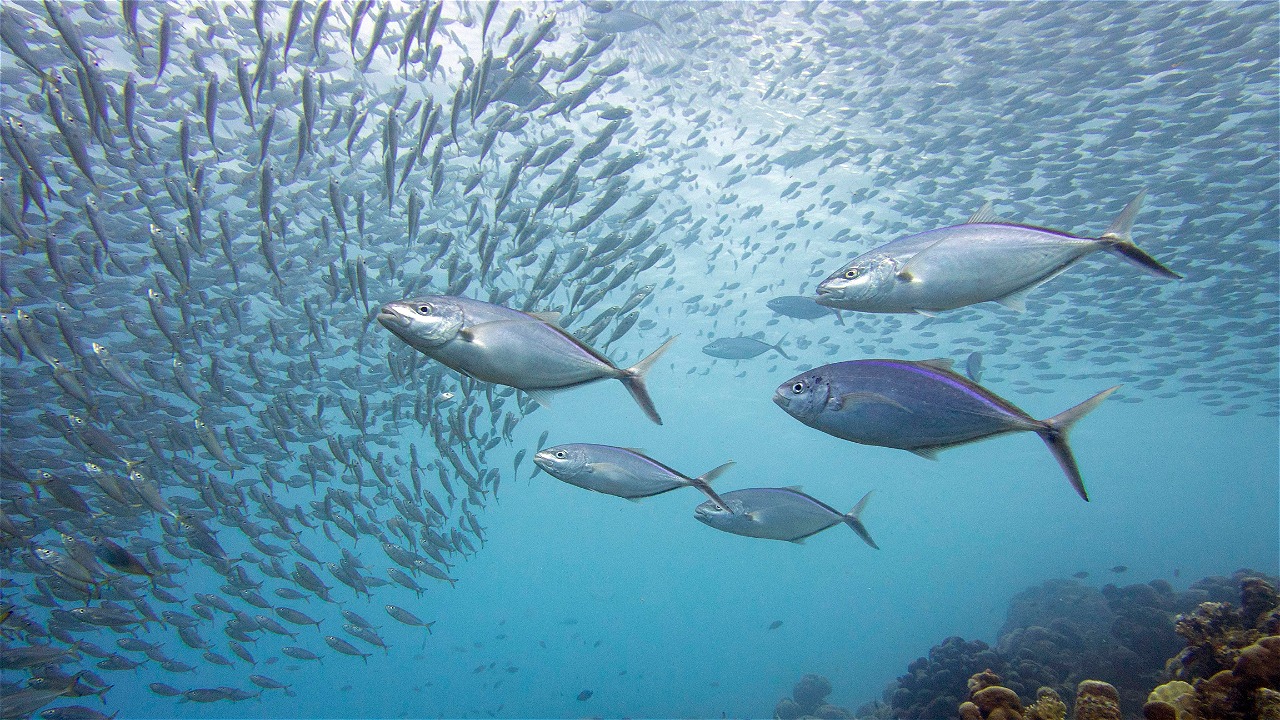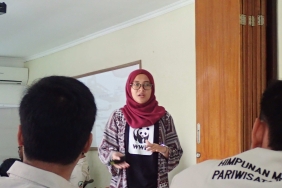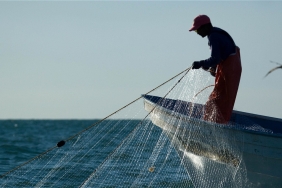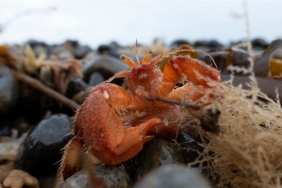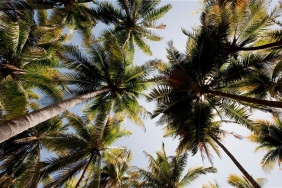INDONESIAN FISHERIES RESEARCHERS NEED MORE TUNA MANAGEMENT WORKSHOPS
By: Bram Setyadji (Researcher, Bali Tuna Fisheries Research Institute)
Tuna resources are an important economic commodity in the world. Its long-range nature makes tuna the most regulated fisheries in the world.
As a country that is "home" to tuna, Indonesia joins 3 regional tuna fisheries organizations, namely IOTC (Indian Ocean Tuna Commission), WCPFC (West and Central Pacific Fisheries Commission), and CCSBT (Commission on Conservation of Southern Bluefin Tuna).
Unfortunately, this active participation is not matched by the quality of human resources, especially tuna fisheries management researchers. From our experience as researchers in Indonesia, the obstacles we currently encounter are generally related to the high cost of research, accessibility and the research process that is still difficult and limited.
This problem does not only occur in Indonesia, but also in island countries in the Indian and Pacific Oceans. In response to this, several world fisheries organizations and non-governmental organizations are trying to bridge the tuna management problem. One of the strategic ways of handling is through offering workshops and short training with assistance from world fisheries management experts.
One of the workshops and trainings we participated in was Areas Beyond National Jurisdiction (ABNJ): Western and Central Pacific Ocean Tuna Management Workshop. This workshop is part of the "Sustainable Management of Tuna Fisheries and Biodiversity Conservation in Areas Beyond National Jurisdiction" (ABNJ Tuna project).
The workshop was held in Bali on August 1-2, 2017 and was implemented by WWF-Indonesia. Similar events have been held previously in Sri Lanka (first and fourth training), Panama (second training), and Ghana (third training).
As a young researcher working on tuna fisheries, this training provided a breath of fresh air and a good learning opportunity. It was a little different from some of the trainings I have participated in so far.
The focus of this training was to provide an understanding of the basics of tuna fisheries management, especially some of the technical terms used in stock assessments, operational models, and evaluation of management strategies.
The "short lecture" was packaged in the form of games, discussions between groups and interesting visual presentations so that it is expected that trainees can absorb the material quickly. The session was hosted by some of the world's leading fisheries researchers, namely Ian Cartwright, Jim Ianelli, and Alice McDonald.
The workshop also gave participants the opportunity to learn from actual cases and use actual data on the world's tuna fisheries (Pacific southern albacore and southern bluefin tuna).
We were also given the opportunity to conduct simulations of various fisheries management schemes innovatively simulated in R program to test how Management Strategic Evaluation (MSE) responds to several harvest control rules (HCR) scenarios.
MSE and HCR are interesting approaches to tuna fisheries management. This method has proven successful in the southern bluefin tuna fishery, where HCRs were applied to limit catches through fishing quotas.
This method is also being applied to the management of skipjack resources in Indonesia, specifically in WPP 713, 714, 715 and 716. The advantage of this method is that we can simulate several management scenarios, even when there is very limited data, such as production data.
The interesting thing about the application of skipjack MSE that is being carried out in Indonesia is the active contribution of industry, fisheries associations, non-governmental organizations (NGOs), government, and foreign research institutions that jointly contribute data and agree on the rules of the game in managing skipjack fisheries based on agreed scientific analysis.
If this process is successful, it is likely that similar methods could be applied to other fisheries (e.g. demersal, small pelagic, lobster) or other regions in Indonesia.
The MSE and HCR discussion sessions were hosted by Nokome Bentley, a world-renowned fisheries statistician from New Zealand. The opportunity to exchange ideas with world fisheries experts, talking face to face was a very valuable experience.
Indonesia needs more similar trainings, which are beneficial for stakeholders, especially young researchers within the Ministry of Maritime Affairs and Fisheries and from NGOs engaged in fisheries management. Hopefully, this can encourage Indonesia to become a host in its own country in the management of tuna fisheries and the like.

